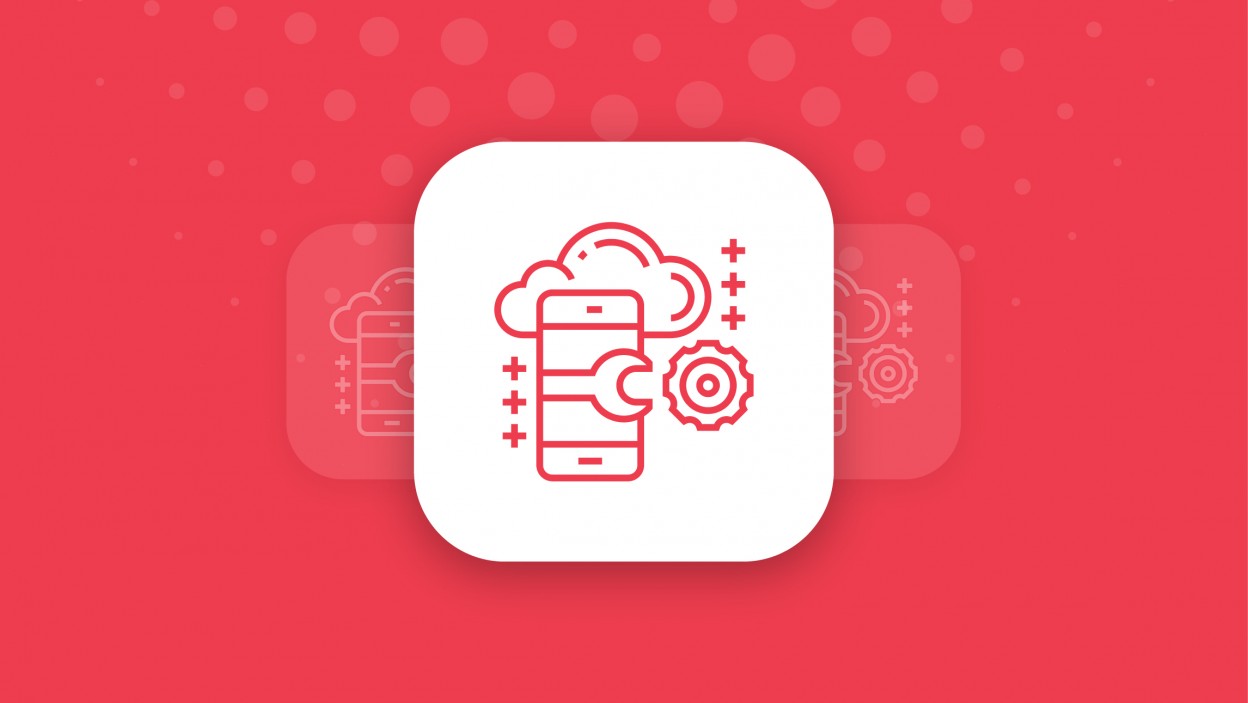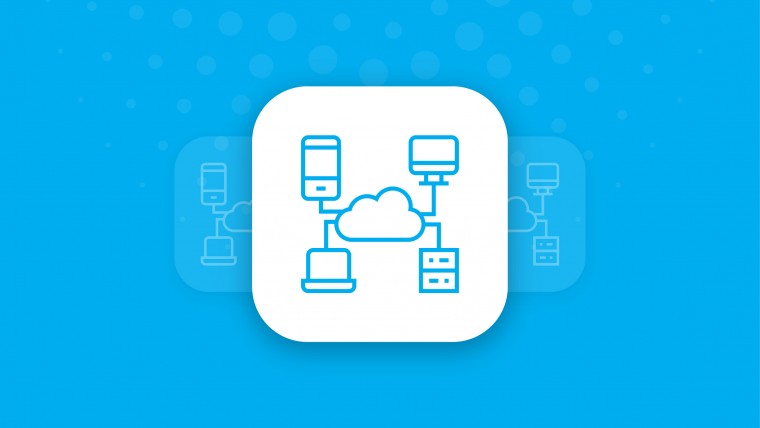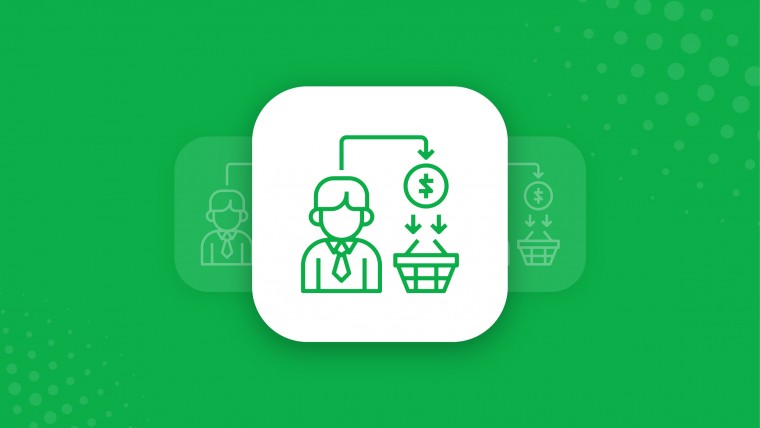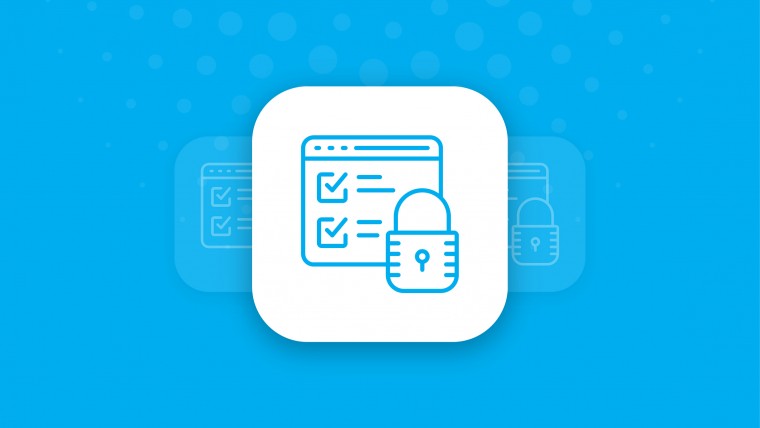Just when we think we have reached the pinnacle of what technology has to offer, something new comes out that makes our lives even more convenient and our devices more versatile. Let us look at some of the new and upcoming mobile trends of 2019 that will give more reason and benefit to our use of mobile gadgets.
Advanced Augmented & Virtual Reality Cloud-Based Apps
While virtual reality (VR) takes us into a rendered 3D simulated world, augmented reality (AR) integrates digital information into our real world. Good examples of this are the Pokémon Go phenomenon and Google’s ARCore. With an advanced AR cloud, it may be possible to take this innovation a step further by not only placing digital objects in the physical world but also allow for real-time communication between endless such objects and us.
Use of Blockchain in Mobile Apps
The transparency and security offered by blockchain technology are undeniable at this point, and the reason strides are being made to incorporate it into a wide range of mobile apps. Most emphasis is being placed on apps that utilize cryptocurrencies for transactions. Beyond being a record for bitcoin transactions across distributed databases, this technology is headed towards the development of blockchain-based app stores, like AppCoin, that allow for a better playing field for developers and OEMs.
Artificial Intelligence and Machine Learning
The interactions between humans and machines continue to evolve as AI and ML technologies are integrated more and more into our daily lives. From Hyundai that intends to incorporate AI assistants into their 2019 vehicles, to Google’s AI model being used to predict patients’ chances of survival to 95% accuracy, there a multitude of ways this tech can make predictions using past data and improve decision making.
APM and EMM Instant Apps
These systems were designed to improve the performance and speed of apps (APM), and boost security and streamlining of business processes (EMM). There use is likely to be ongoing, particularly in the app testing process by developers looking to deliver superior and versatile products to users.
Application Security Apps for Wearables
Wearable tech like smartwatches and fitness trackers have become increasingly popular and their market share is expected to grow even more in 2019. Developers are working hard to seal security gaps brought about the mostly unsecured connections between the device’s apps and manufacturers, and their users’ smartphones, personal computers, and linked corporate networks.
Beacons In-App Search
Beacons provide an excellent means to charting customer algorithms and perfecting marketing strategies. By connecting to customer phones on Bluetooth when in proximity to stores, data can be collected on via downloaded apps on customer responses to Google ads and the products they have queried. This data can help businesses determine the effectiveness of their marketing campaigns and even make suitable adjustments to stock levels. While this technology’s uptake by retailers is still a bit low, it is worth considering for its marketing benefits and low cost.
Mobile Payment Integration
As more of the world moves towards becoming cashless, so too do we seem inclined to leave our wallets and purses behind. Mobile payments are becoming more prevalent as banks begin to offer the option of mobile payment apps, contactless payments, and mobile wallets become plentiful. Providers are working to better secure these channels through the use of such security measures as biometrics, voice commands, and geolocation to thwart fraudsters. These transactions are expected to hit $503 billion by 2020.
Check Out our Infographics for Top 11 Trends For Mobile App Development in 2019








5 Reasons Why Strategic Decision Making Is Most Important In Business Growth
4 Characteristics of high performing transformation teams
Types of Cloud Computing
Should You Become An Independent Consultant?
Should You Become An Independent Consultant?
8 Characteristics of great consultants. Do you have what it takes?
4 Characteristics of high performing transformation teams
Types of Cloud Computing